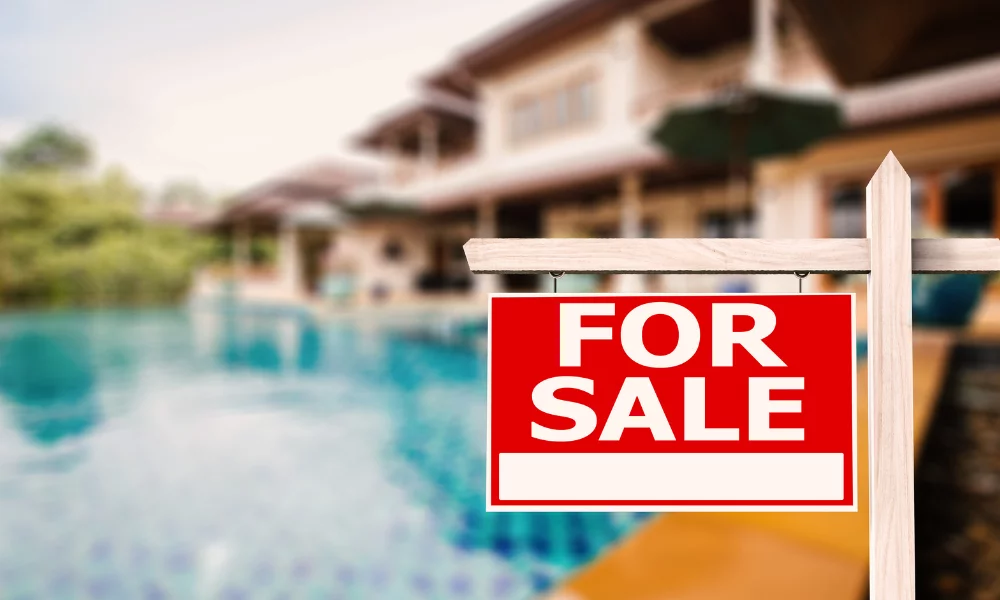A quick outline
Buying a house? With or without a real estate agent, if you have the cash, you might be tempted to use it to purchase the house outright. However, this may not always be the best financial decision. There are various factors to consider when you’re deciding if you should buy a home cash. We’ll take a look at the pros and cons of paying cash for a house and compare it to getting a mortgage.
Skip To
Some home buyers have enough cash to buy a property outright without needing a mortgage. This might seem like a no-brainer, owning a home upfront and potentially beating the competition to secure a good deal without having to fork out monthly mortgage payments.
However, this may not always be the best decision. There are a variety of factors that come into play, both in the short-term and over the long-term which need to be considered at the outset, before you tie up all your money in a property.
Let’s take a look at the pros and cons of paying cash for a house, so that you can determine if this is the right choice for your personal situation.
Advantages of paying cash for a home
There are some great benefits to paying cash for a home, that go beyond owning the home outright with no debt. We’ll outline some of the most important ones below.
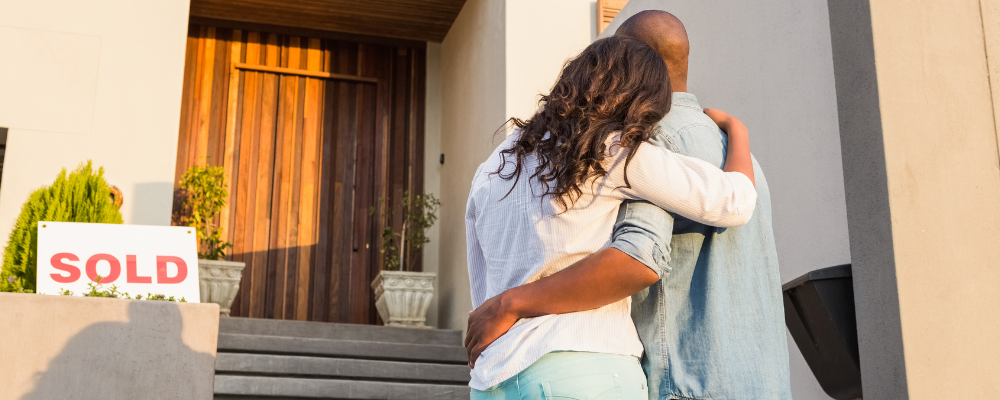
Faster deal closing
The mortgage application process can be lengthy, and pre-approval is required before you can make an offer on a home. Buying a house with cash means that you will save a lot of time and be able to speed up the deal closing and lower closing costs because you won’t need to go through the mortgage process. This also allows you to capitalize quickly on real estate investing opportunities that arise, without having to wait for loan approval first.
Save money
Paying cash for a house means that you won’t need to take out a loan and pay it off, which includes paying interest, lender fees and closing costs. This interest means that you’re paying more for the house than the purchase price, which means that you can save thousands of dollars by avoiding this extra cost.
Aside from the interest, you also won’t need to pay the other costs associated with mortgages or loans, such as application fees, underwriting and legal costs. This is a big saving of 5% or more of the value of the home, and this money can be invested into the home itself instead.
Lower purchase price
Sellers will often give cash buyers a discount on the price of a home because it lowers the risk for them, and the sale can go through much faster. This discount can be a huge saving for those who are buying a house cash.
Beat the competition
Paying cash for a home often ensures that the sale goes to the cash buyer, as sellers are often more inclined to take a cash offer over other offers that are hinging on mortgages. Cash buyers can end bidding wars easily as housing inventory remains low and sellers are likely to choose a cash buyer ahead of those needing a loan.
Peace of mind
Those who have purchased a home with cash don’t need to worry about making loan payments every month. Which means that if an unforeseen circumstance arose, such as a loss of employment, they would have peace of mind that their home belongs to them, and they don’t need to face defaulting on a mortgage payment and the resulting foreclosure.
Immediate home equity
Owning your home 100% from the start gives you many options. You can tap into your home equity at a later stage to finance other projects such as home improvements or big repairs. This means that you automatically have a place to draw funds from easily, should you need to in the future.
No private mortgage insurance
Buying a home all cash means that you won’t need to pay private mortgage insurance (PMI). This is a significant cost that comes with mortgages if you aren’t able to pay at least 20% down payment. The PMI cost can be over $1,000 per year, so this is a large saving for homeowners.
Disadvantages of buying a house with cash
Buying a house with cash isn’t all good, there are some drawbacks to consider which may change your mind on this. Bear in mind the following disadvantages to this, before you pay for a house with cash.
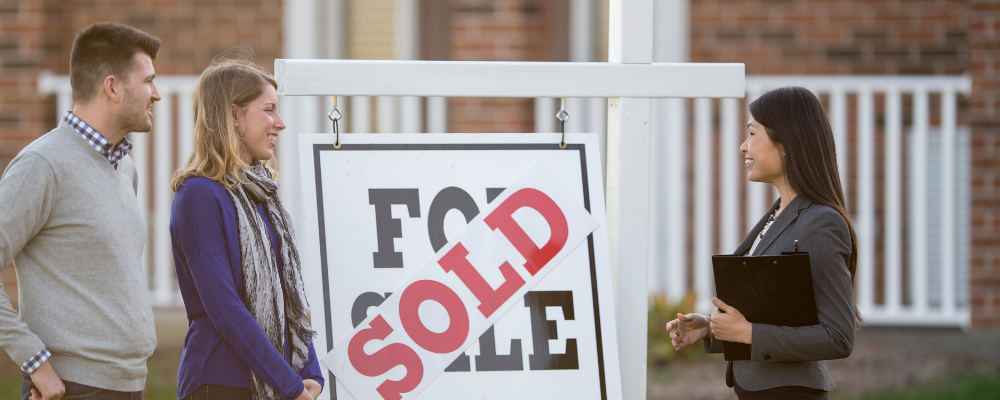
Illiquid asset
Something to bear in mind for those putting most of their money into buying a home is that real estate is an illiquid asset. So, the money that is tied up in a property cannot be accessed quickly. Homeowners will need to either sell the house or tap into their home equity with a loan, HELOC or other method. None of these options are quick, and homeowners who run into financial difficulty may not be able to get their funds at short notice.
Lower returns
Investing a large sum of money into a home may result in lower returns than paying off a mortgage and investing the rest of the money elsewhere. This means that you could lose out on other investment opportunities that may arise in the future as well, if all your funds are tied up in a property.
No mortgage interest tax deduction
One of the benefits to having a mortgage is that you can deduct mortgage interest from your tax and taxable income. This can be a way to cut your taxes down by thousands of dollars. Buying a home all cash means that you’ll miss out on any mortgage tax deductions.
Home ownership costs remain
The cost of buying and owning a home includes maintenance work, purchase costs beyond the price of the house, and any unexpected repairs. There are also the utilities, property taxes, insurance and so on. So, while the house may be paid for, the other costs remain and need to be factored in each month.
Don’t bank on a discount
While cash buyers often get discounts on the purchase price of homes, this isn’t guaranteed and you could end up paying cash for the home and not getting the discount. It all depends on the housing inventory, the local real estate market and the seller.
No forced saving
People who buy homes cash may not save as much as those who have a mortgage and are essentially forced to save by adding equity into their home every month. Without being in the habit of putting money into an asset each month, cash buyers may be less likely to save money.
Buying a house with cash vs mortgage
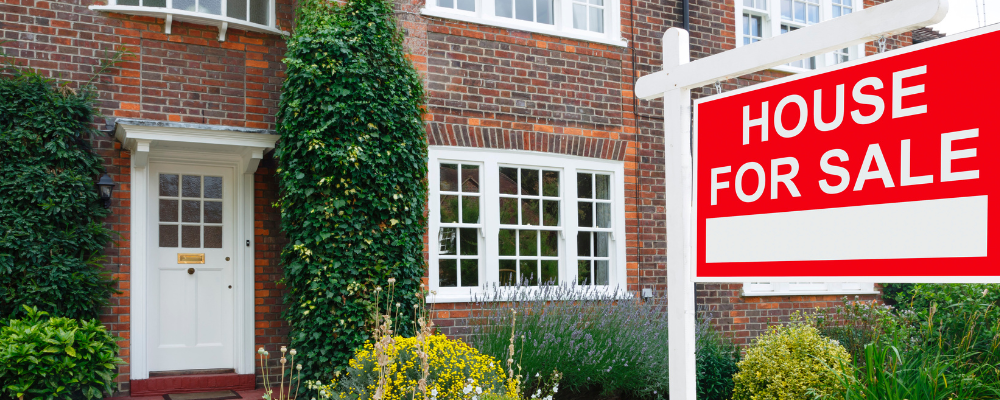
When faced with the choice of buying a house cash or getting a mortgage, some people might think the obvious choice would be to avoid getting into debt and just use cash. However, this may not be the best option for everyone. Let’s take a look at some of the major differences between buying a house cash or getting a mortgage.
Paying cash for a house
- Immediate home ownership with no debt.
- No monthly mortgage payment, interest payments or closing costs.
- Tax benefits cannot be used to get deductions without a mortgage.
- Important to have enough money to cover the costs of owning a home (these include maintenance, utilities, repairs and so on).
- Cash offers are often accepted quicker by sellers who lean towards a guaranteed sale and may even offer a discount. The entire sale will go quicker.
- Real estate is an illiquid asset so having all your money tied up in a property could be difficult if you ran into financial trouble.
- For those who need a quick sale, who want to skip closing costs, beat the competition and wish to lower their long-term costs, buying a house with cash may the best financial solution.
Getting a mortgage
- Full asset ownership is only achieved once the mortgage is paid off. Until then, any defaults on mortgage payments can lead to home foreclosure.
- Monthly mortgage payments must be budgeted for, and you’ll be paying more for the home thanks to the interest.
- Mortgage interest can be deducted from your tax.
- Less money is spent on purchasing the home, which means some can be set aside for monthly homeownership costs.
- Buyers who make a home purchase with a mortgage don’t usually get a discount, and the sale will take longer due to the mortgage process.
- Taking a mortgage allows a buyer to keep some of their cash aside in a savings account, or in other liquid assets where they can access it easily.
- For those who need to use their money for other purposes and cannot have it tied up in a property, want to reduce their tax, and need to build credit, then paying off a mortgage may be the best option for their home purchase.
Final thoughts - Should you pay cash for a home?
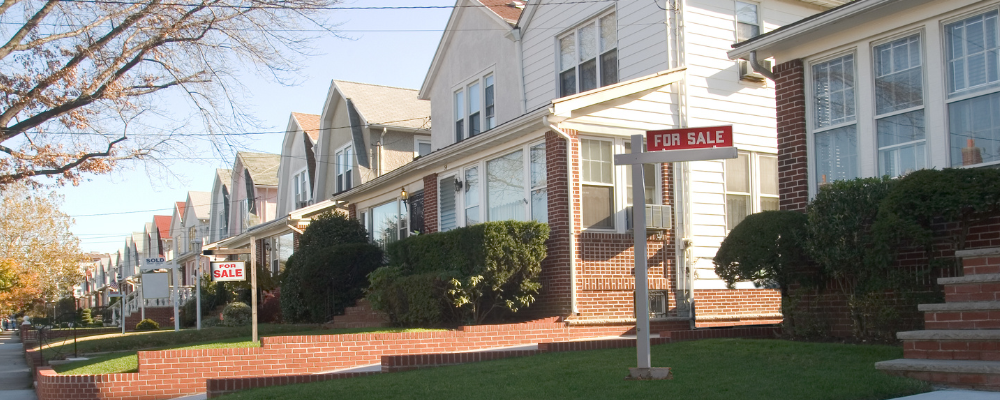
This is a personal decision that hinges on each buyer’s individual financial situation. For young buyers, it sometimes makes sense to take out a fixed-interest mortgage. For older buyers who are looking towards retirement, having less debt may be the better option, so buying a home with cash could be the solution.
In other words, paying cash for a home can be a good financial decision for some, but not for others. Consider your financial situation, how much risk you’re willing to take, the stage of your life, how quickly you need the sale to happen and what a financial advisor thinks. This will help you decide which route is best for you.
